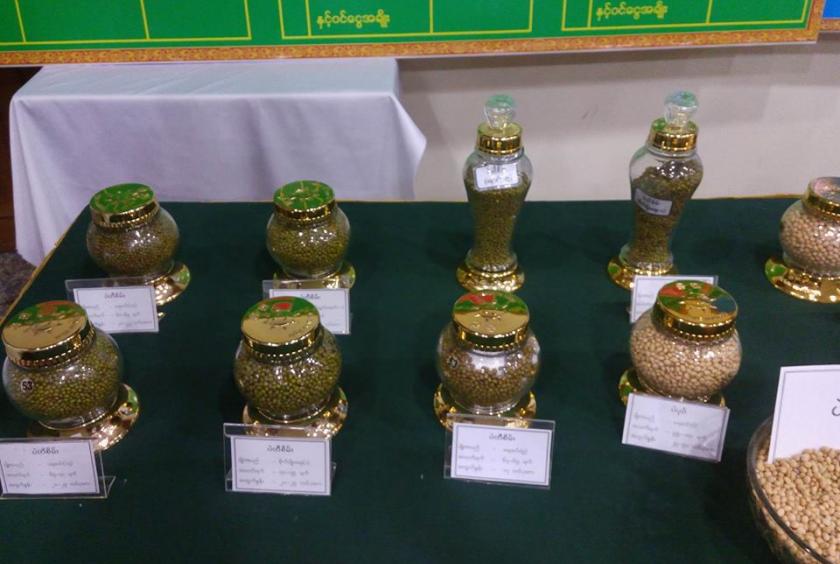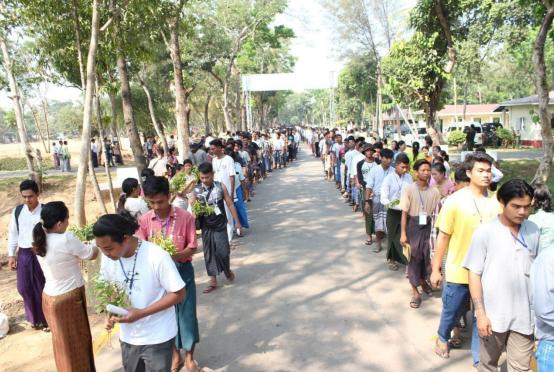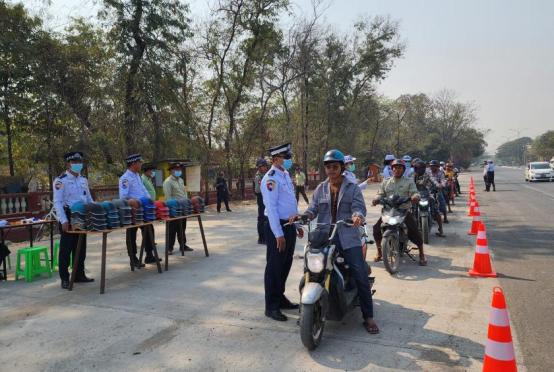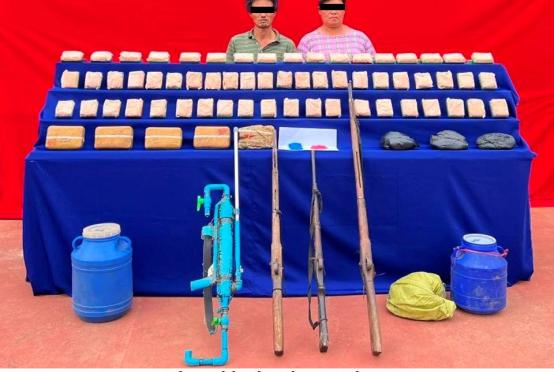
Yangon--Despite the temporary suspension of green gram exports to Covid-19-affected European countries, the export market has not seen big impacts yet, according to Myanmar Pulses, Beans and Sesame Seeds Merchants Association.
“Myanmar is still exporting beans to some European countries. There is no significant impacts on the bean export market,” U Min Ko Oo, Secretary of Myanmar Pulses, Beans and Sesame Seeds Merchants Association told the Daily Eleven.
Myanmar exports black gram and pigeon pea to the Indian market and green gram to the markets in China and some European countries.
U Aung Htoo, Deputy Minister for Commerce said: “Currently, the condition is said to be good for both farmers and merchants. Since the 2017 crisis, we have explored the new bean markets in the EU, Japan and China. It is expected that there will be no bean export problem in the next one or two years.”
As the markets in China and the EU saw a boom at the end of 2018, the price of low-quality green gram exceeded Ks 1.1 million per ton. The price of export-quality green gram amounted to around Ks 1.4 million per ton, according to the Myanmar Pulses, Beans and Sesame Seeds Merchants Association.















